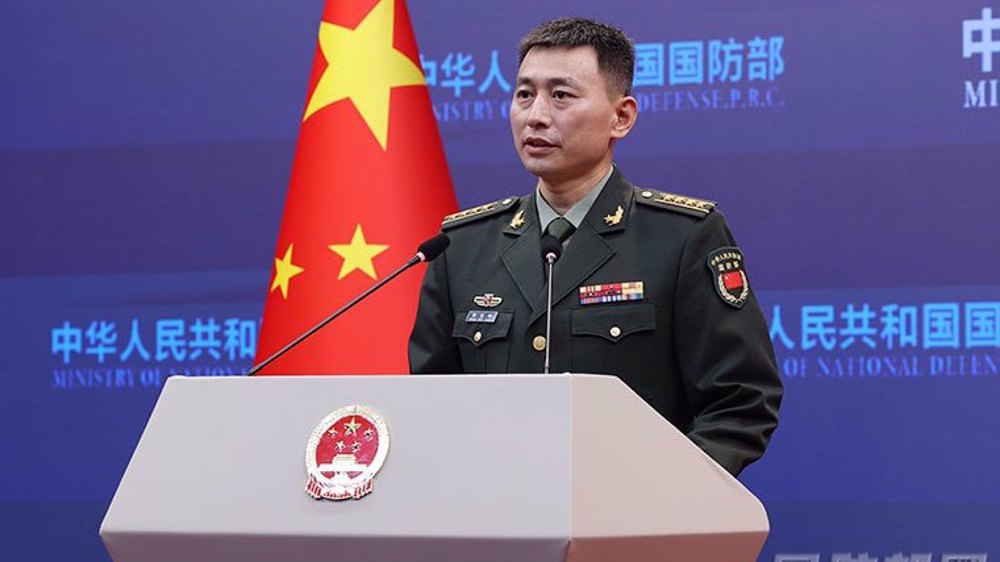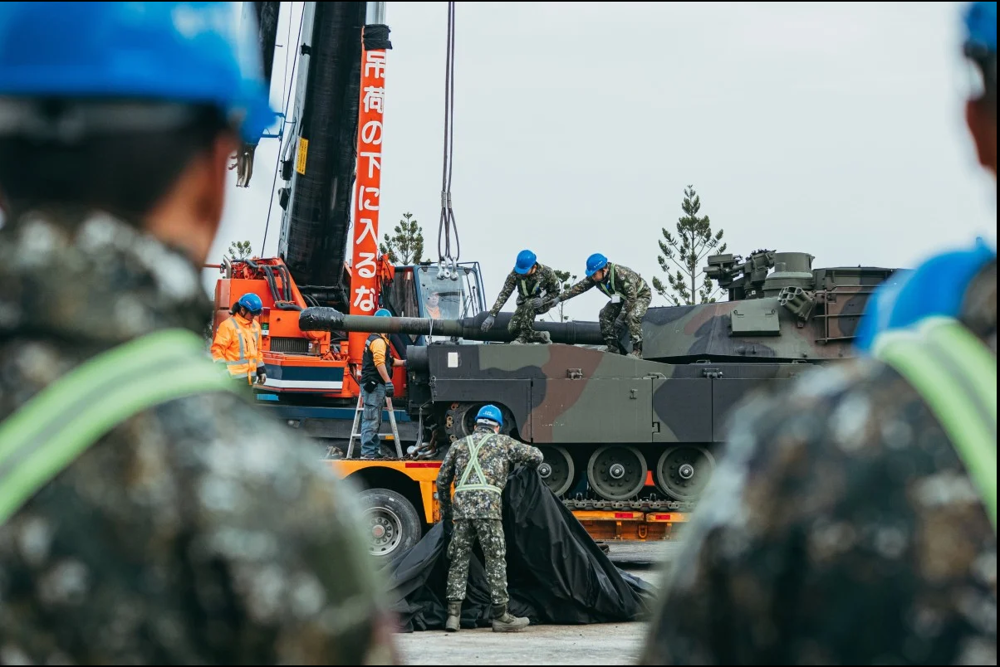China cliams to have dismantled 181 ‘terrorist gangs’ in Xinjiang
Chinese authorities say they have dismantled 181 terrorist cells in the northwest of the country, while human rights groups argue that Beijing has carried out a harsh crackdown on its minority citizens in Xinjiang.
Beijing has jailed or detained hundreds of people in the largely Muslim region of Xinjiang, while scores of others have been sentenced to death over what China calls terror-related charges.
Beijing launched its operation “strike hard” on April 30 after 39 people were killed last May in a bloody market attack, which was attributed to Urumqi separatists in the northwestern region of Xinjiang, home to just over 10 million of the mainly Muslim Uighur minority.
Beijing has also cracked down on religious practices in the region, such as the wearing of the Islamic veil by Muslim women.
Human rights groups, meanwhile, have labeled the crackdown as discriminatory.
The critics say Beijing’s crackdown has created an atmosphere of repression and causes more violence.
China, however, defends the move, saying the crackdown has helped boost the economy in the region.
The Chinese government also claims that the Turkic ethnic group is separatist, and that some groups in the Uighur community are already attempting to establish an independent state.
The Uighur briefly declared independence twice before, in 1933 and 1944. The region, however, was brought under the complete control of China in 1949.
Xinjiang’s Uighur Autonomous region is a large and resource-rich area in the northwest of the country.
The region is strategically located on the borders of central Asia and plays a crucial role in helping China meet its growing energy needs.
XLS/HJL/HRB
VIDEO | Iran-Syria: For Resistance
Qassam Brigades claims killing 3 Israeli troops in northern Gaza
More alive than ever: Sayyed Hassan Nasrallah's legacy grows stronger in martyrdom
Occupation of Syria’s highest peak Mount Hermon part of ‘Greater Israel’ project
Iran: Syrian people will decide their future without foreign interference
IRGC says Iran’s power exceeds borders, warns enemies to adjust themselves
Dozens detained, several wounded in Israeli raids in West Bank
‘Ethnic cleansing’: Hamas blasts Israeli attacks on Gaza hospital amid intl. silence










 This makes it easy to access the Press TV website
This makes it easy to access the Press TV website